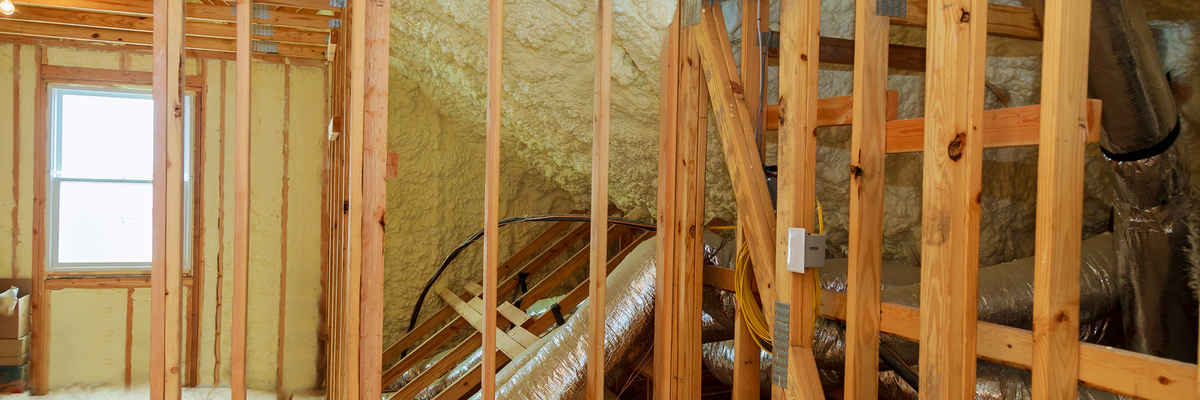What are the benefits of foam board insulation?
Foam board insulation provides a lot of benefits.
One of the benefits is that foam board insulation does not have to be as thick as other insulator because it's so much more efficient. The "R-value" or thermal resistance can be lower with foam board insulation than other solid material, so the space will stay warmer in the winter and cooler in summer. Another benefit is that you can staple upholstery fabric to any side, which can give it a finished look for less overall cost and labor hours. A third benefit is that if your home was built over 60 years ago, chances are there are gaps where old windows used to sit - this type of insulation seals out cold drafts from those obsolete gaps whilst keeping pressure on the foam boards in place.
A foam insulation board is basically foam that has been used to insulate homes. It's an environment friendly insulation material because it does not release toxic gases into the air when it starts deteriorating at a certain point of time. Some foam boards are manufactured using soy, which makes them even more environmentally friendly. This type of foam insulation is very helpful for countries with colder climates because it works great at preventing heat loss through cracks and gaps found in older buildings. The foam board insulation also provides good thermal resistance due to its unique R-value, so the building materials can be made thinner without compromising their performance.
As you have read above there are various benefits associated with foam board insulation.
Call Now - (707) 562-0911
Get Your Free Quote!

How does foam board insulation work?
Foam is an excellent insulator, with R values of between 6 and 8 per inch. At the most common thickness used for insulation purposes (1 inch), this means that foam has about the same insulating value as fiberglass. This makes it is an ideal material to use in tight spaces like attics or underneath floors, where good insulation can make a huge difference in reducing heating bills.
One drawback of foam insulation is its ability to trap moisture which can lead to mold formation over time--a problem you don't need when living with allergies! The key to avoiding this issue? Make sure your attic or floor space stays dry by installing a dehumidifier during wet weather. You'll also want to avoid foam insulation if you know your basement floods, as this can lead to all kinds of moisture issues.
So foam board insulation is the kind of thing that works great in certain conditions (like attics) and might be best avoided in others like basements or wet climates. As with pretty much anything it is often good to do some research before committing to one option over another.
Conclusion
Foam board insulation is an excellent insulator overall but can lead to mold formation or trapping water if not used correctly so it's best to do some research first before committing to foam board insulation.
Call Us Now - (707) 562-0911
